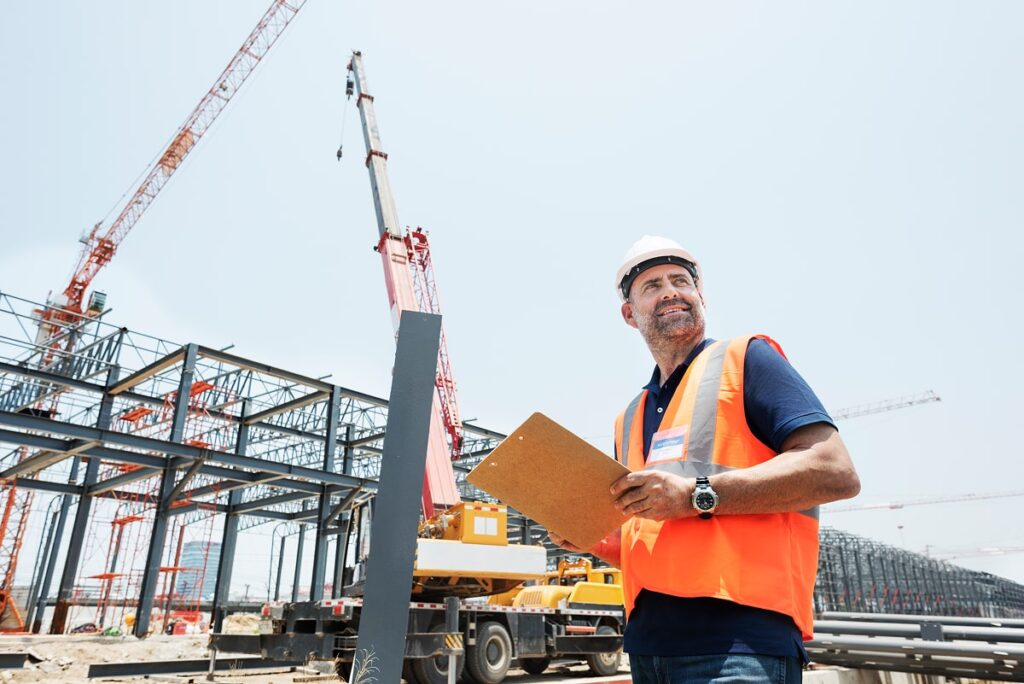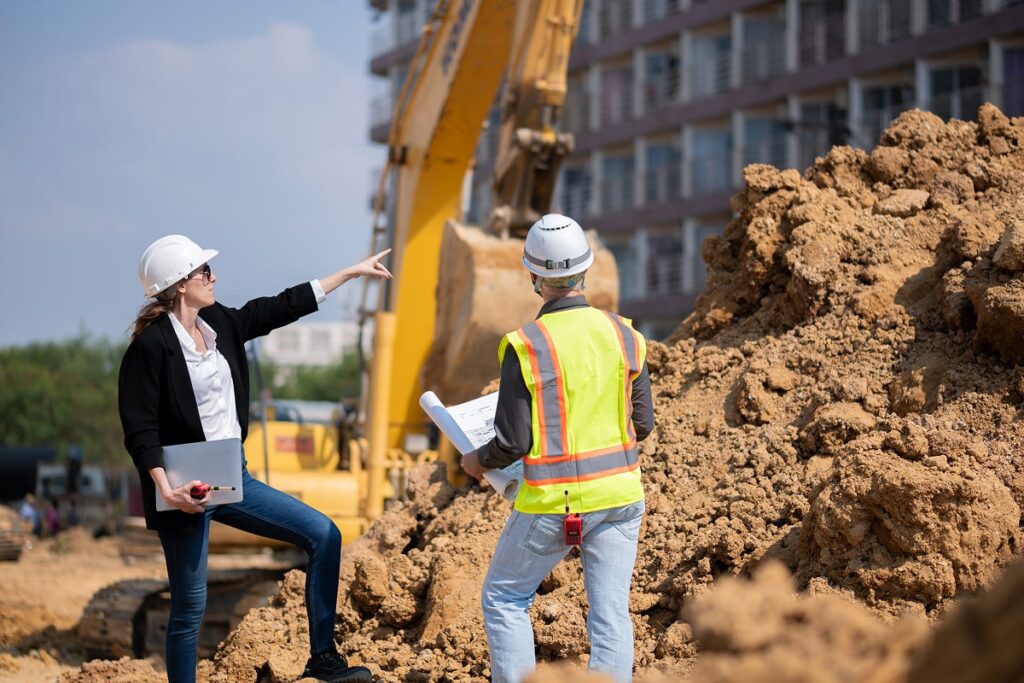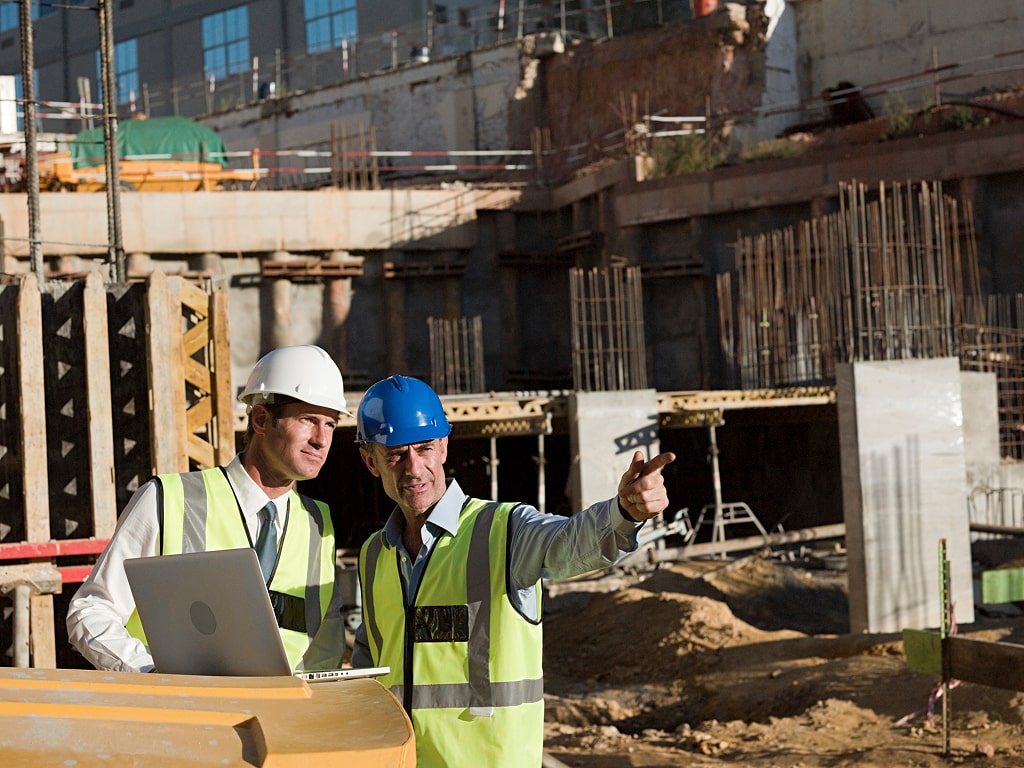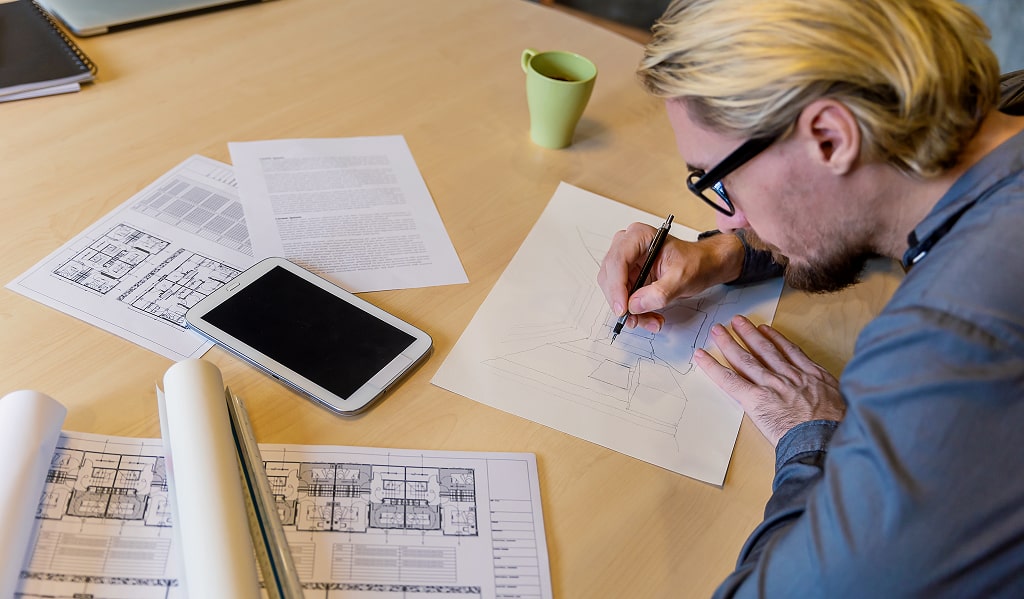Construction work is one of the most rewarding yet demanding industries in the UK.
Every project, whether it’s a new housing development or a commercial renovation, comes with its fair share of risks, from falling materials to electrical hazards.
Managing these risks properly isn’t just about compliance; it’s about protecting lives, reputations, and timelines. That’s why understanding how to carry out a solid risk assessment is so important.
The Construction Consultants have seen how a well-planned assessment can make the difference between a smooth, successful build and a costly, stressful one.
What Is a Risk Assessment in Construction?
A risk assessment in construction is a simple process used to find potential dangers before work starts and put measures in place to control them.
It’s a legal requirement under the Health and Safety at Work Act 1974 and the Management of Health and Safety at Work Regulations 1999, both of which require employers to identify and reduce risks to workers and the public.
In basic terms, it’s about asking:
- What could go wrong?
- Who could get hurt and how?
- What can we do to stop it?
According to the Health and Safety Executive (HSE), carrying out a risk assessment helps employers take sensible steps to prevent accidents and injuries on site. It’s not about eliminating every possible danger; it’s about managing them responsibly.
Why Are Risk Assessments Important in Construction?
Construction remains one of the most hazardous industries in the UK. Based on HSE data, construction accounted for over 30 fatal injuries to workers in 2023–24, more than any other industry.
Without proper risk assessment, small issues like a loose scaffold or an unmarked hazard zone can quickly lead to major incidents. A detailed risk assessment helps:
- Prevent accidents and health issues
- Ensure legal compliance
- Boost worker confidence and morale
- Reduce project delays and insurance costs
- Maintain your company’s reputation
Simply put, risk assessments save lives, time, and money.
How to Do a Risk Assessment for a Construction Project: Step by Step

Let’s go through an easy-to-follow, step-by-step risk assessment example for construction projects.
Step 1: Identify the Hazards
Start by looking around your site and spotting anything that could cause harm. Common construction hazards include:
- Working at height (scaffolding, ladders, roofs)
- Slips, trips, and falls
- Moving machinery and vehicles
- Manual handling (lifting heavy materials)
- Electrical hazards
- Falling objects
- Exposure to noise, dust, or vibration
It helps to involve your team in this stage. Workers often see risks that managers might miss.
Step 2: Decide Who Might Be Harmed and How
Once hazards are listed, think about who is at risk and how they might get hurt.
For example:
- Site workers could be injured by falling bricks.
- Visitors might trip over tools or cables.
- Electricians could suffer shocks from live wires.
- The public might be affected if barriers are missing.
This step makes it easier to plan protective measures tailored to each group.
Step 3: Evaluate the Risks and Decide on Precautions
Now rate how likely each hazard is to cause harm and how severe the result could be.
You can use a simple scale:
| Risk Level | Likelihood | Severity | Example |
| Low | Unlikely | Minor Injury | Tripping over a small object |
| Medium | Possible | Moderate injury | Manual handling strain |
| High | Likely | Serious injury | Fall from scaffolding |
For each risk, decide what controls you’ll use. This could include:
- Safety harnesses or guardrails for working at height
- Warning signs and barriers
- PPE like helmets and gloves
- Regular tool inspections
- Safe lifting techniques
According to HSE’s guidance, using the “hierarchy of control” helps prioritise actions: start with eliminating hazards, then substitute, isolate, control, and use PPE as the last resort.
Step 4: Record the Findings
Documenting your risk assessment is a must. Write down:
- The hazards found
- Who could be harmed
- The control measures in place
- Who’s responsible for checking them
You don’t need complicated paperwork; just a clear record that shows you’ve thought through the risks and how to manage them.
The HSE recommends keeping records simple but accessible, especially for projects with multiple contractors or changing site conditions.
Step 5: Review and Update Regularly
Construction sites change daily. What’s safe on Monday might not be by Friday. Make it routine to:
- Review the assessment weekly or when new work starts
- Update it after any incident or near miss
- Brief new workers and subcontractors on current risks
Regular reviews ensure your site stays compliant and safe from start to finish.
What Does a Risk Assessment Example Look Like?
Here’s an easy-to-understand risk assessment example for construction projects that shows how typical site tasks can be managed safely.
Let’s say you’re overseeing several activities on site. Here’s how a proper risk assessment might look in real life:
- Working at height: One of the biggest risks is falling from scaffolding. The risk level here is high. To control it, you’d install guardrails, make sure everyone uses a safety harness, and carry out regular scaffold inspections. The site manager is usually responsible for checking these measures.
- Cutting materials: When cutting wood or concrete, dust inhalation can become a problem. This is a medium-level risk. The control measures include wearing dust masks and using extraction fans to keep the air clean. The foreman ensures these steps are followed.
- Using power tools: Power tools can cause electric shocks if they’re faulty. This is another medium-level risk. You can manage it by PAT testing equipment regularly and making sure workers use insulated gloves. The electrician normally takes charge of these checks.
- Material delivery: Large vehicles moving around the site can be dangerous. The risk level here is high. It’s best to have a traffic control plan in place and assign a trained banksman to guide vehicles safely. The site supervisor is responsible for keeping this system running smoothly.
These examples show how clear, simple planning helps everyone on site understand the risks and the steps needed to control them.
A well-documented assessment like this keeps communication open and safety consistent throughout the project.
How to Make Risk Assessments Easier for Construction Teams
Doing a risk assessment doesn’t need to be time-consuming. Here are practical ways to make it simpler:
- Use Templates
The HSE and construction associations provide free templates online that you can adapt for your site. - Assign Clear Roles
Decide early who’s responsible for checking scaffolding, PPE, or safety signs. - Encourage Team Feedback
Workers often spot problems first. Create a quick reporting system for hazards. - Go Digital
Use mobile apps or spreadsheets to track updates and share information instantly. - Train Regularly
According to CITB (Construction Industry Training Board), regular training significantly reduces on-site injuries by improving awareness and confidence among workers.
Why You Should Always Involve Workers in Risk Assessments
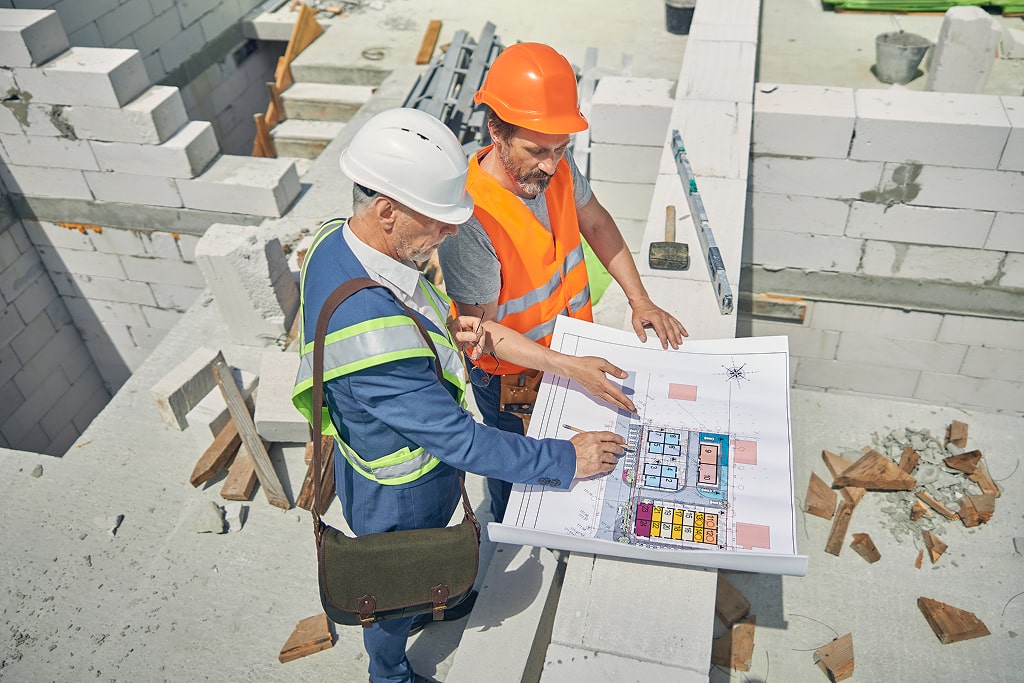
Your workforce isn’t just there to follow safety rules; they’re a vital part of shaping them. According to HSE’s Worker Involvement and Participation Guidance, engaging employees in safety planning leads to fewer accidents and stronger teamwork.
Here’s why:
- Workers see real-time risks that managers may overlook.
- It builds trust and accountability.
- It encourages quicker reporting of unsafe conditions.
Even a short toolbox talk before starting a shift can prevent serious incidents later.
What Happens if You Skip Risk Assessments?
Ignoring risk assessments can lead to:
- Legal penalties: The HSE can issue fines or stop-work notices.
- Injury claims: Workers can take legal action for unsafe conditions.
- Project delays: Accidents halt progress and raise insurance costs.
- Reputation damage: Unsafe practices spread quickly in the industry.
In 2023, several UK contractors faced six-figure fines after failing to control known site hazards, something that could have been prevented with a proper risk assessment.
How Risk Assessments Improve Project Quality
A thorough risk assessment doesn’t just stop injuries; it also boosts overall project quality. When workers feel safe, they work more efficiently and confidently.
Proper planning also helps:
- Reduce rework due to damaged materials or unsafe access
- Maintain smoother communication across teams
- Meet deadlines more easily
- Improve client satisfaction
In essence, risk assessments are not just safety tools; they’re project management tools that help deliver better results from day one.
What to Include in Every Construction Risk Assessment Report
To make your risk assessment examples for construction projects complete, always include:
- Project name and location
- Assessment date and version
- Names of assessors
- Full list of identified hazards
- Likelihood and severity ratings
- Control measures
- Review date and sign-off
This ensures your assessment is traceable, transparent, and up to UK compliance standards.
How The Construction Consultants Can Help
Risk management can feel overwhelming when juggling deadlines, budgets, and multiple contractors. That’s where The Construction Consultants step in.
With experience across all project sizes, from small refurbishments to major builds, we help businesses set up clear, compliant, and effective risk assessments that fit real working conditions. We aim to simplify compliance while keeping your people safe and your projects on track.
What UK Resources Can Help You Learn More?
Here are a few trusted sources for construction professionals:
- HSE: Managing risks and risk assessment at work
- CITB: Construction site safety training and resources
- Construction Leadership Council – Health, Safety & Wellbeing
- UK Government: Health and Safety Regulations
These references offer templates, best practices, and updates on UK safety legislation.
Staying Safe and Smart
Risk assessment isn’t just another form to tick off before starting work; it’s your first defence against harm, loss, and legal trouble. Every builder, engineer, and site manager plays a role in keeping a project safe.
And if you ever need expert support in setting up or reviewing your assessments, The Construction Consultants are here to help you build smarter, safer, and stronger; every single time.

